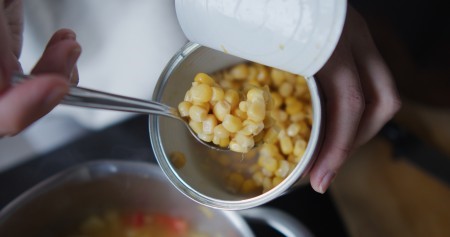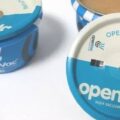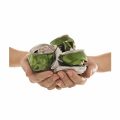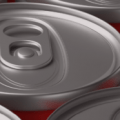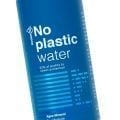Millions of tons of waste are generated worldwide every year. Packaging and disposable products are some of them, and that is why society demands awareness and immediate action by the companies responsible for producing so much waste. Indeed, almost all European consumers believe that governments (96%), together with retailers and brands (96%), should do more for the environment.
The opinion research institute YouGov, together with the platform white-sheet-comes-meathera have just conducted an opinion survey on tinplate in order to find out how often German citizens cook with canned food, what importance they attach to food packaging and how they feel about the environmental properties and recyclability of the packaging.
The survey conducted last December with a sample of more than 2,000 respondents from all parts of Germany revealed that 44 percent of respondents consume canned food several times a month. The report reveals that if there are minors residing in the household, the proportion rises to 46 percent. In large families with four or more children, up to 23 percent prepare their meals every day with products from tinplate packaging.
The survey also reveals with regard to food packaging that 93% of Germans consider the shelf life of food to be extremely important and also value the ease of handling (89%) and the good environmental properties of the packaging (86%) and its recyclability (89%). Consumers also attach great importance to practical handling and environmental friendliness at the same time. In contrast, only 38% consider the appearance or creativity of the packaging to be important.
Another issue to note is the high environmental awareness of respondents which reveals that most would be willing to pay more for more sustainable food packaging. Fifteen percent of respondents would accept a surcharge of up to 2 cents, 19 percent would pay up to 5 cents more and 16 percent would even spend up to 10 cents more if a product’s packaging had a lower impact on the environment. The study also reveals that 18-29 year olds are much more willing to spend more money on more sustainable packaging, even though they generally have lower incomes.
As for the type of packaging preferred by respondents for long-life foods, glass (56 %) and tinplate (11 %) are the most frequently mentioned. In fact, glass and tinplate often go together. Many of the jars are sealed with tinplate lids, however, tinplate has a decisive advantage over glass as many light-sensitive vitamins are preserved for much longer.
Finally, the study notes a strong trend towards greater environmental awareness among the German population, although some consumers still misjudge the sustainability of some packaging materials, as is the case with tinplate. However, recycled cans and other steel scrap can be collected by type and returned to the cycle without any difficulty due to their magnetic properties, the quality of the material remains intact even after it has been reused several times.

